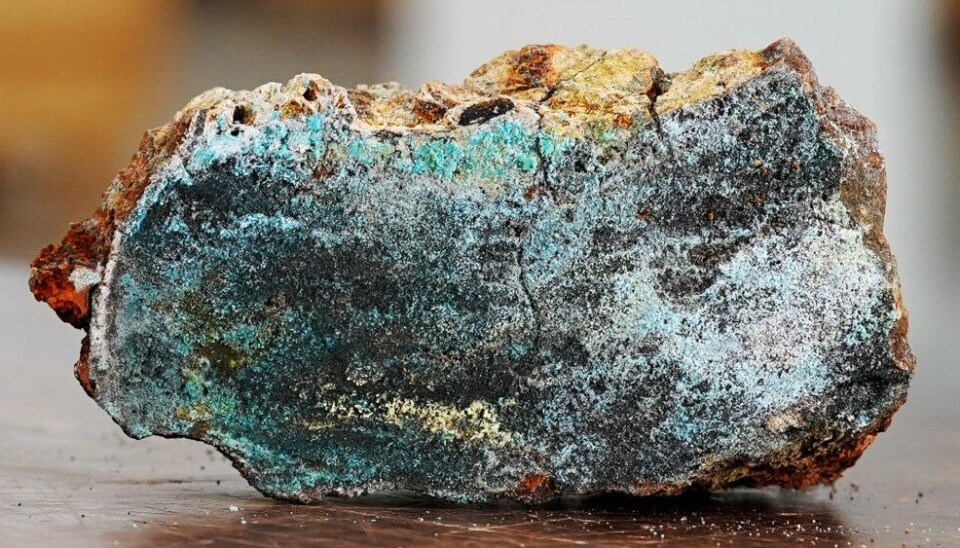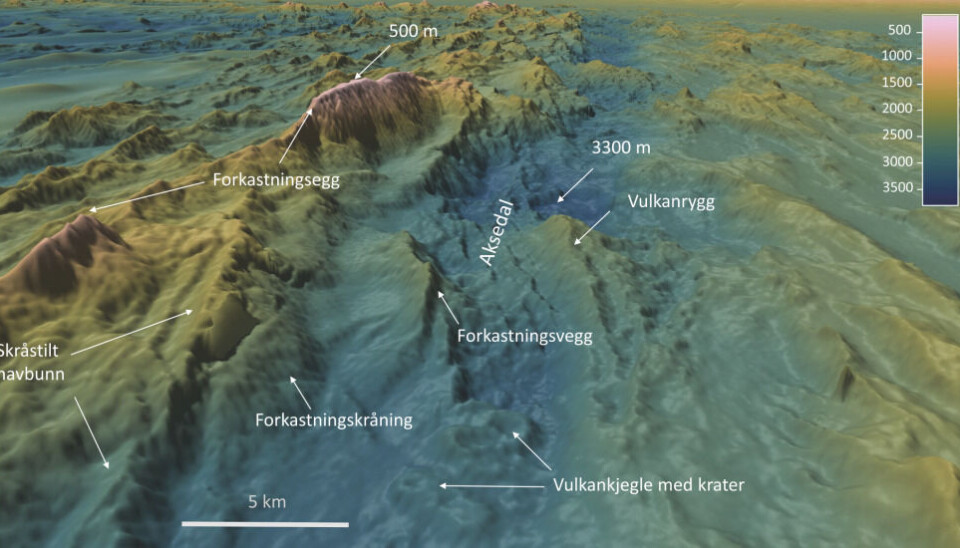
Norwegian government approves deep-sea mining. “It is devastating,” eco-activists protest.
“Today, the Storting (Norwegian parliament) endorsed the Government’s proposal to open parts of the Norwegian continental shelf for exploration for and production of seabed minerals”, the Norwegian governing authority Norwegian Offshore Directorate reported.
This puts Norway among the first countries in the world to open up for commercial seabed mineral mining. The area where the extraction is going to take place is located between Norway and Greenland.
Earlier this year the Conservative party of Norway released a press release that described sea bed mining as a “promising industry”:
“Extraction of seabed minerals is a very promising industry, which we believe can create great value and jobs in Norway in the future”, - the press release states. “In order to achieve this, it is important that we make it possible for companies to invest in the Norwegian continental shelf.”
But some activists and politicians warn about the potential damage it could bring to marine life. In a statement sent to the Barents Observer via email Amanda Louise Helle, Greenpeace activist, says:

“It is devastating to see the Norwegian state putting the amazing ecosystems of the sea at risk. This area is one of the last safe havens for Arctic marine life. We will do what we can to stop this destructive industry before it starts.”
Meanwhile, deep-sea mining is seen by the government as a way to save nature in transition to green energy:
“We need minerals to succeed in the green transition. Currently, the resources are controlled by a few countries, which makes us vulnerable. Seabed minerals can become a source of access to essential metals, and no other country is better positioned to take the lead in managing such resources sustainably and responsibly. Success will be crucial for the world’s long-term energy transition”, Minister of Petroleum and Energy, Terje Aasland, is quoted on the government’s website earlier this year.
Such minerals like zinc, copper and cobalt are essential for the production of various types of modern technology.
Protest
But the damage to the untouched nature is what worried the activists. The Greenpeace press release also quotes Kaja Lønne Fjærtoft, Global Policy Lead for WWF’s No Deep Seabed Mining Initiative:
“The deep sea is the world’s largest carbon reservoir and our last untouched wilderness, with unique wildlife and important habitats that do not exist anywhere else on Earth. The parliament’s decision to move forward with seabed mining against all expert advice, with an impact assessment that has been widely criticized, is a catastrophe for the ocean, and leaves a big stain on Norway’s reputation as a responsible ocean nation”.
Earlier in November over 100 politicians from the EU wrote an open letter to the Norwegian parliament:
“Over 700 science and policy experts have warned that deep-sea mining would result in the loss of biodiversity and ecosystem functioning that would be irreversible on multi-generational timescales and could risk disturbing carbon sequestered deep in the ocean,” they wrote.
A final resolution on the sea-bed mining will be made in the form of a Royal Decree, The Norwegian Offshore Directorate reported.














